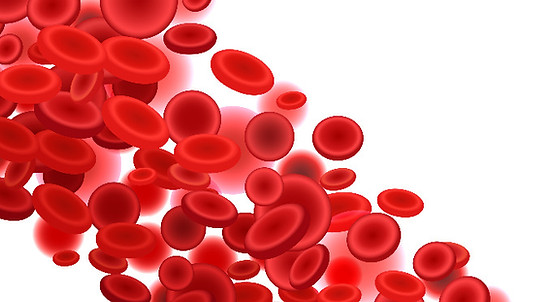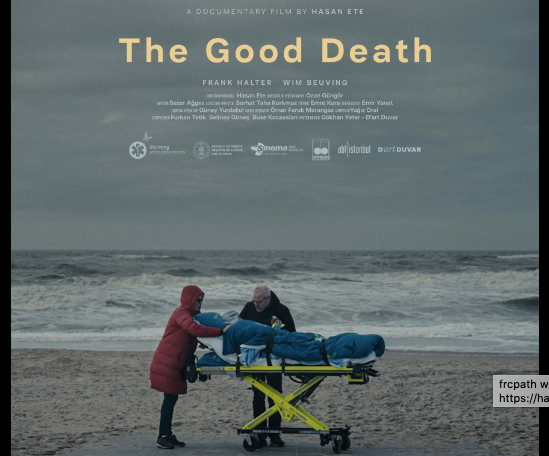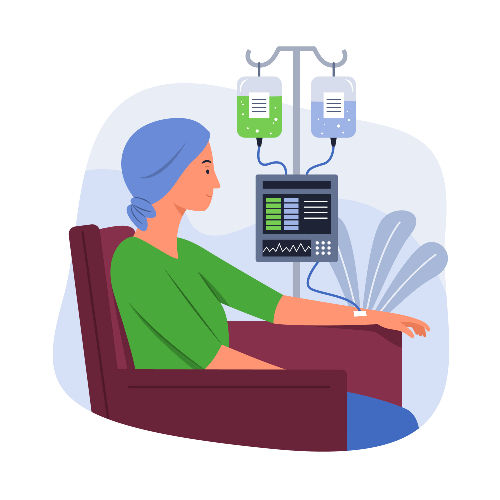Too Young to Die? Cancer doesn't Think so.
- drhabiba kamarul
- Aug 3, 2025
- 2 min read
Recently, a heartbroken mother asked me a painful question: "How is it possible that my child has cancer? He's so young." It’s a question with no easy answer. It instantly took me back to a moment nearly 17 years ago, when I was a junior doctor working long hours in a busy government hospital.
I still remember receiving a 16-year-old patient whose blood tests showed an extremely high white blood cell count, along with alarmingly low hemoglobin and platelets. It was clear: he had acute leukemia—an aggressive form of cancer that often affects young people.
The young man was lethargic, visibly unwell. His mother sat quietly in a corner, silently crying. His father, on the other hand, was filled with visible anger and disbelief. He asked me the same question I had just been asked years later, but with a different tone: "How can my son have cancer? He's so young!" I knew then it was going to be a long and emotionally draining night on call.
I explained the likely diagnosis and the urgent need for a bone marrow biopsy to confirm it. I also outlined the immediate steps—blood transfusions to stabilize him and chemotherapy as the cornerstone of treatment.
The word “chemotherapy” landed like a bombshell.
The father couldn't accept either the diagnosis or the treatment plan. He insisted on seeking help from a religious healer, convinced that modern medicine would do more harm than good. He believed this healer had treated similar conditions successfully in the past.
I gently explained that while spiritual support has its place, delaying proper medical treatment would likely cost his son precious time—time he didn’t have. His platelet levels were dangerously low, and he was at high risk for internal bleeding, especially in the brain. I wanted to tell him, "If the healer had this kind of blood result, he'd rush to a hospital too," but I held my tongue.
Even with the best efforts of my senior colleagues and consultants to explain the situation, the family chose to discharge the patient against medical advice. I remember how heavy that felt. Letting go of a young patient when you know help is available is one of the hardest parts of this job. But I had other patients waiting—patients who needed my full attention.
One of my senior consultants reminded us that night: “Focus your energy on patients who trust us and want our help. They deserve our full care and commitment.” It was hard, but true.
Not long after, the bed was filled by another new patient, and life in the ward continued. A few weeks later, a colleague in the emergency department told me a young man had been brought in dead. It was him—the same young man with leukemia. He hadn't survived. Despite a treatable condition and available care, skepticism and denial had sealed his fate.
Many doctors have experienced similar heartbreaks. In cases like acute leukemia, where the disease can progress rapidly, time is critical.
So yes—cancer can affect anyone, regardless of age. It’s not a disease reserved for the elderly. Cancer doesn’t discriminate. Cancer is cancer.








Comments